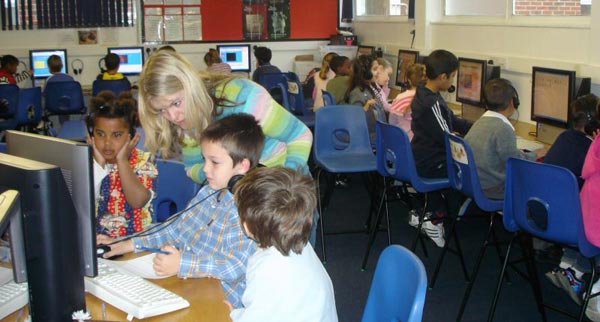Last year the government admitted that ICT (information and communications technology) teaching in English schools was terrible. However educators and computer scientists have been working to fix it and a new national curriculum for computing was recently published. Following the new curriculum publication it has been welcomed by BCS, the Chartered Institute for IT, with “its full backing” reports ComputerWorld.

Creation vs Usage
Many children found the old ICT curriculum boring. I know this from my two children who studied ICT at high school recently. Also Ian Livingstone CBE, chair of the Next Gen Skills campaign and Eidos life president, offered the same sentiment to ComputerWorld. In the last few years ICT studies have been focussed on computer literacy and using computers to do the kinds of computing tasks required in regular office and administration support roles, such as using the Microsoft Office suite. However this wasn’t the right approach - “ICT is not computing... we've wasted generations of people who can't code,” protested Livingstone.
The new computing course still includes a core of digital literacy and the use of popular productivity programs but goes much further in trying to cultivate “future creators and inventors of technology and maybe future technology entrepreneurs,” says Bill Mitchell, director of BCS Academy of Computing. Mitchell explains “The new curriculum is a step change that focuses on computational thinking whilst still embodying the most important aspects of digital literacy, which everyone needs to live effectively in our digital society.”

Exciting
The new computing curriculum is said to be “rigorous, relevant and exciting”. Most children nowadays are already confident at using computers so it is argued that the digital economy will benefit much more from a “more developed” curriculum including the fundamental principles of computer science, logic and computer coding.
Key aims
The new national curriculum for computing aims to ensure that all pupils:
- can understand and apply the fundamental principles and concepts of computer science, including abstraction, logic, algorithms and data representation
- can analyse problems in computational terms, and have repeated practical experience of writing computer programs in order to solve such problems
- can evaluate and apply information technology, including new or unfamiliar technologies, analytically to solve problems
- are responsible, competent, confident and creative users of information and communication technology
The full list of subject content and goals through key stages 1 to 4 is listed within the official publication here.
Do HEXUS readers with experience or knowledge of the present ICT curriculum see the new curriculum as a positive change?













